Rally is proud to be the initial funder for the creation of the INSTRuCT Database with a Consortium Grant to Dr. Sam Volchenboum of the...
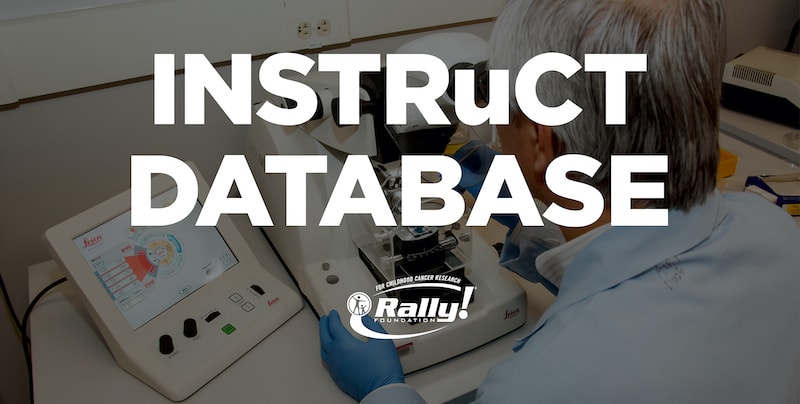

Rally is proud to be the initial funder for the creation of the INSTRuCT Database with a Consortium Grant to Dr. Sam Volchenboum of the...
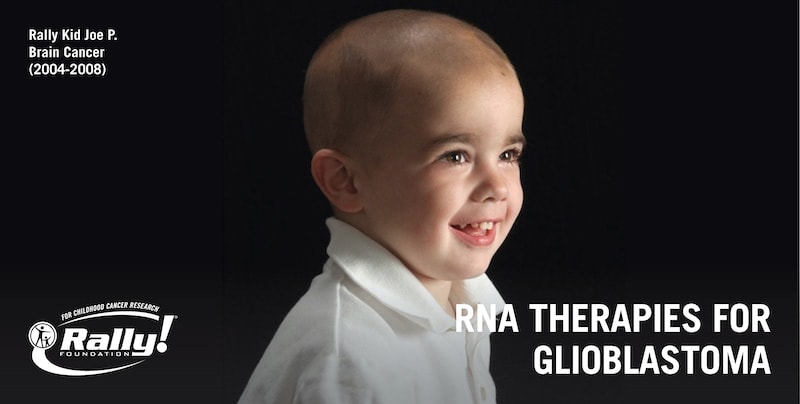
Glioblastoma (GBM) in children and adults is a deadly brain tumor with a poor prognosis. Current treatment includes surgery to remove as...
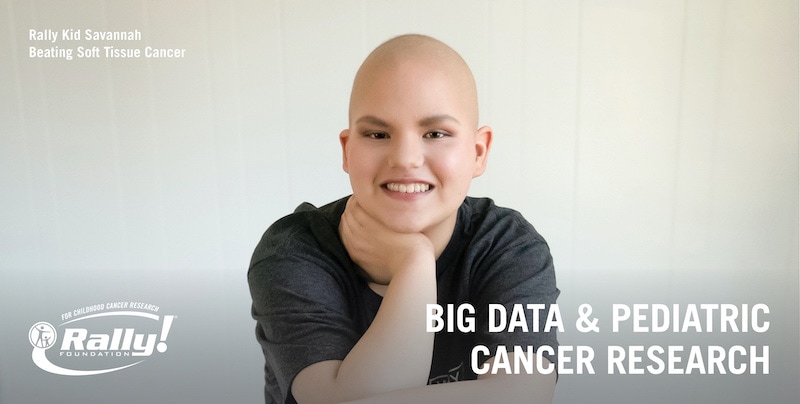
After being born and living in Turkey my whole life, I came to the US for college to study biological sciences at the University of...
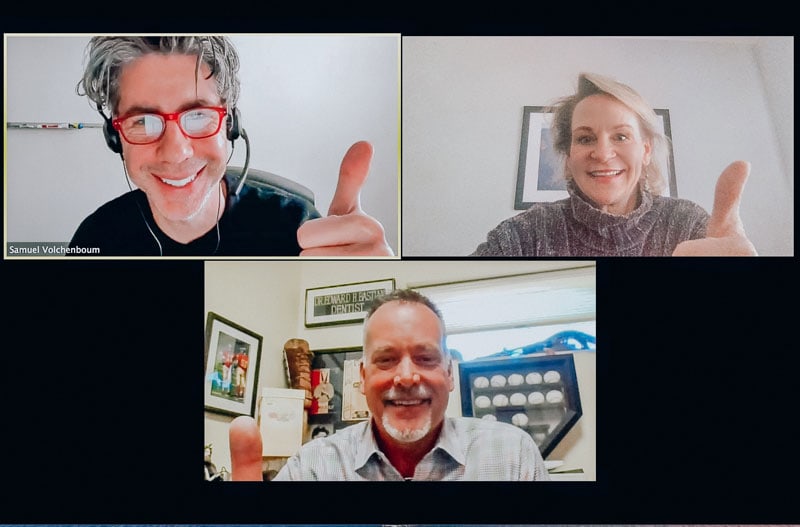
At Rally Foundation for Childhood Cancer Research, we often describe ourselves as “philanthropic seed investors in the next great...
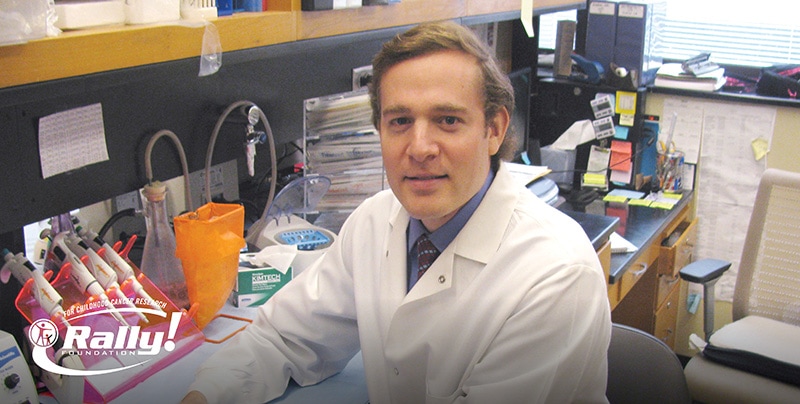
Chills ran up and down my arms when I opened the link that Rally-funded researcher Dr. Gregory Friedman sent. I was staring at the New...
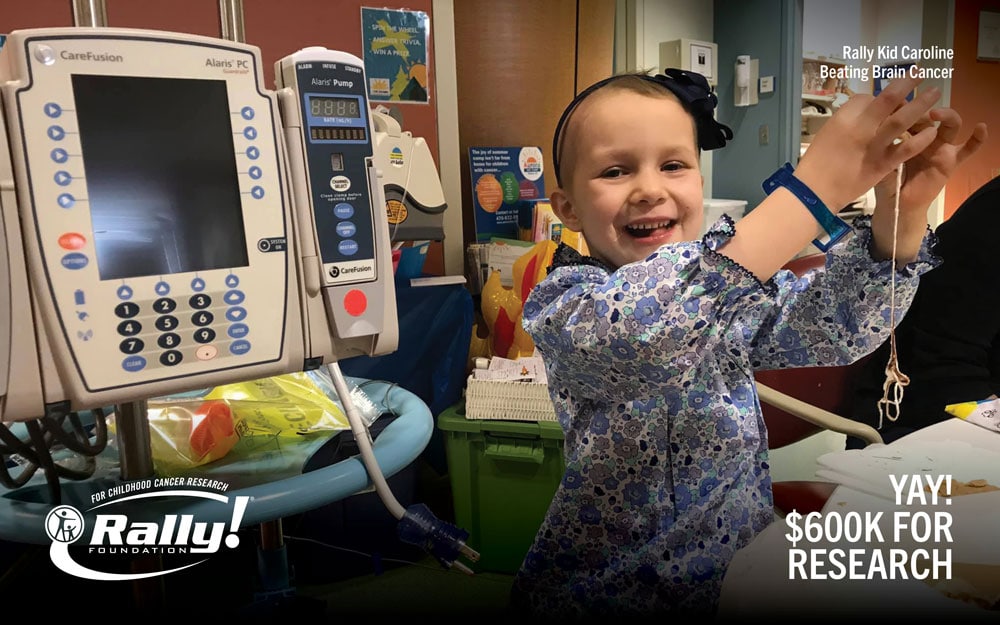
We are living in unprecedented times. As the world grapples with a number of issues, including the COVID-19 pandemic, nothing seems normal...

Rally Researcher, Medical Advisory Board member and pediatric oncologist Dr. Michael Kinnaman is the recipient of Rally’s Postdoctoral and...
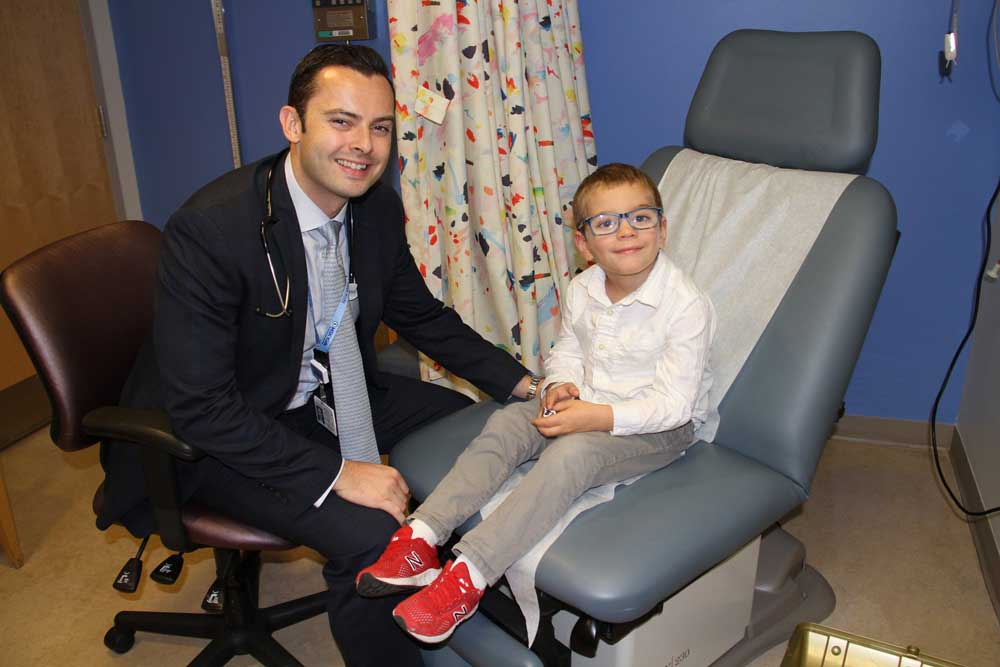
Rally Researcher and pediatric oncologist Dr. Michael Kinnaman received a Rally Postdoctoral and Clinical Research Fellow Grant. In part...
Could you use some good news? We have some good news. Actually, we have some GREAT news! Rally Foundation for Childhood Cancer Research...
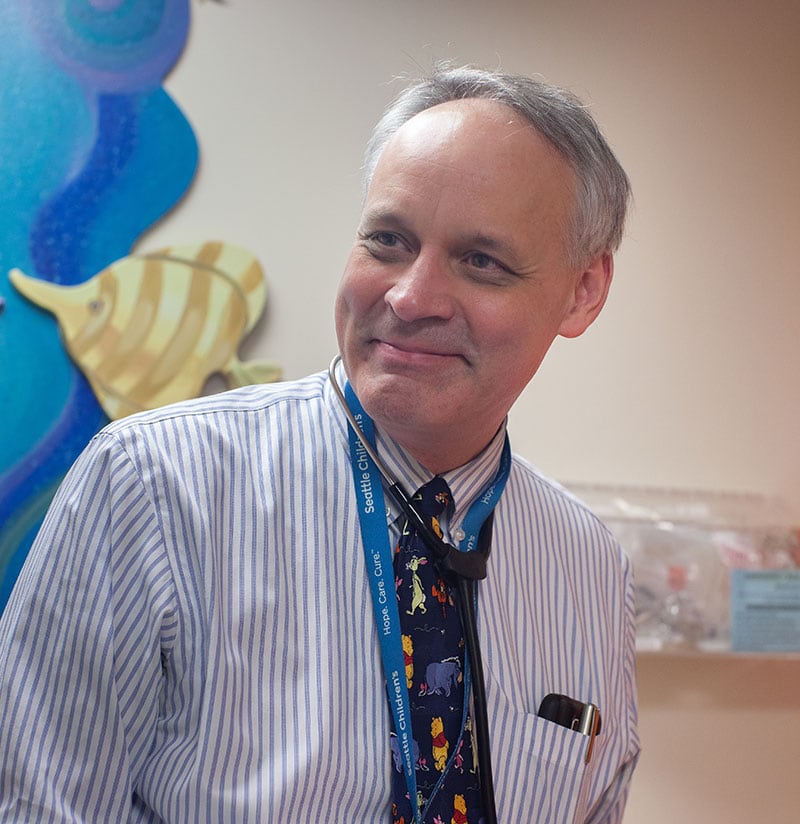
Rally was pleased when it was announced that the newly elected chair of the Children’s Oncology Group (COG) was going to be Dr. Doug...
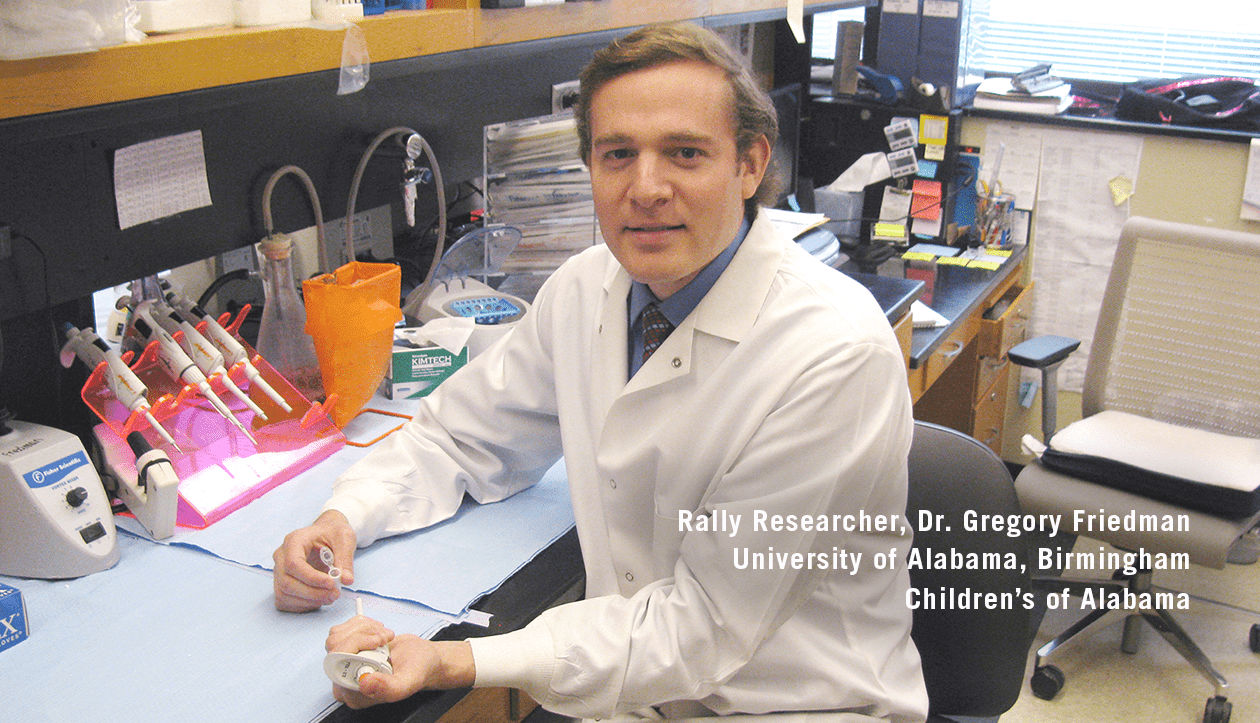
As a Rally Researcher and the primary investigator at the University of Alabama at Birmingham, Gregory Friedman, M.D. is devoted to...
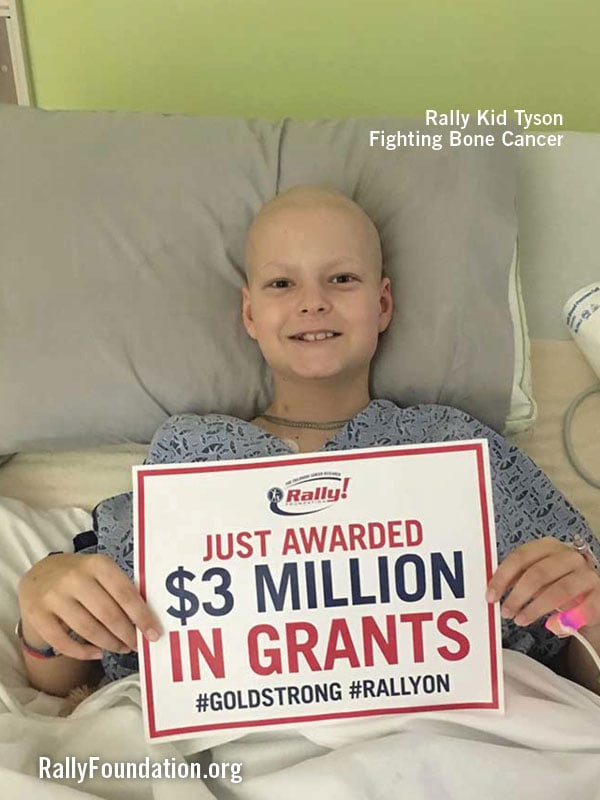
In the United States, cancer is the number one disease killer of children. Yet pediatric cancer isn’t exclusive to America; it’s a global epidemic that affects more than 300,000 children around the world.
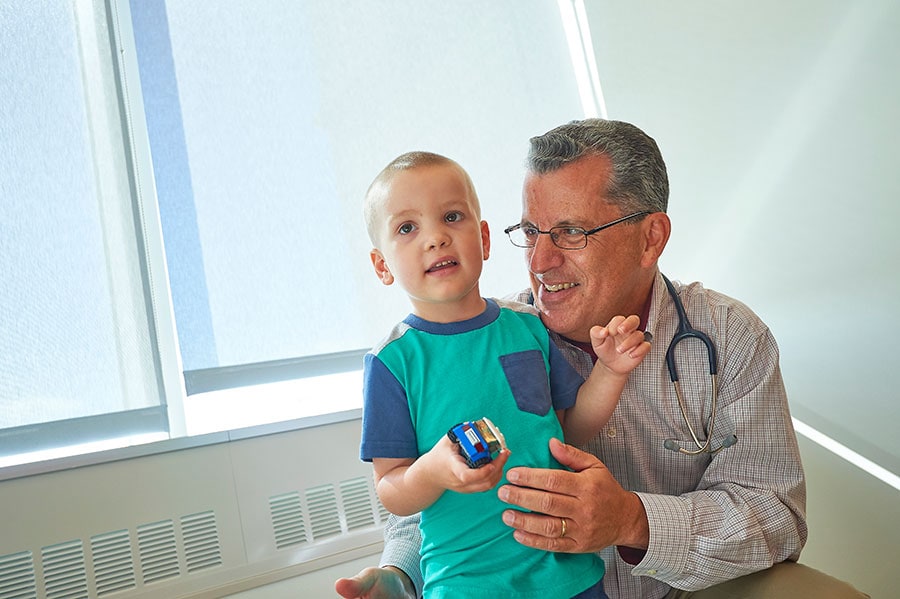
In the United States, cancer is the number one disease killer of children. Yet pediatric cancer isn’t exclusive to America; it’s a global epidemic that affects more than 300,000 children around the world.
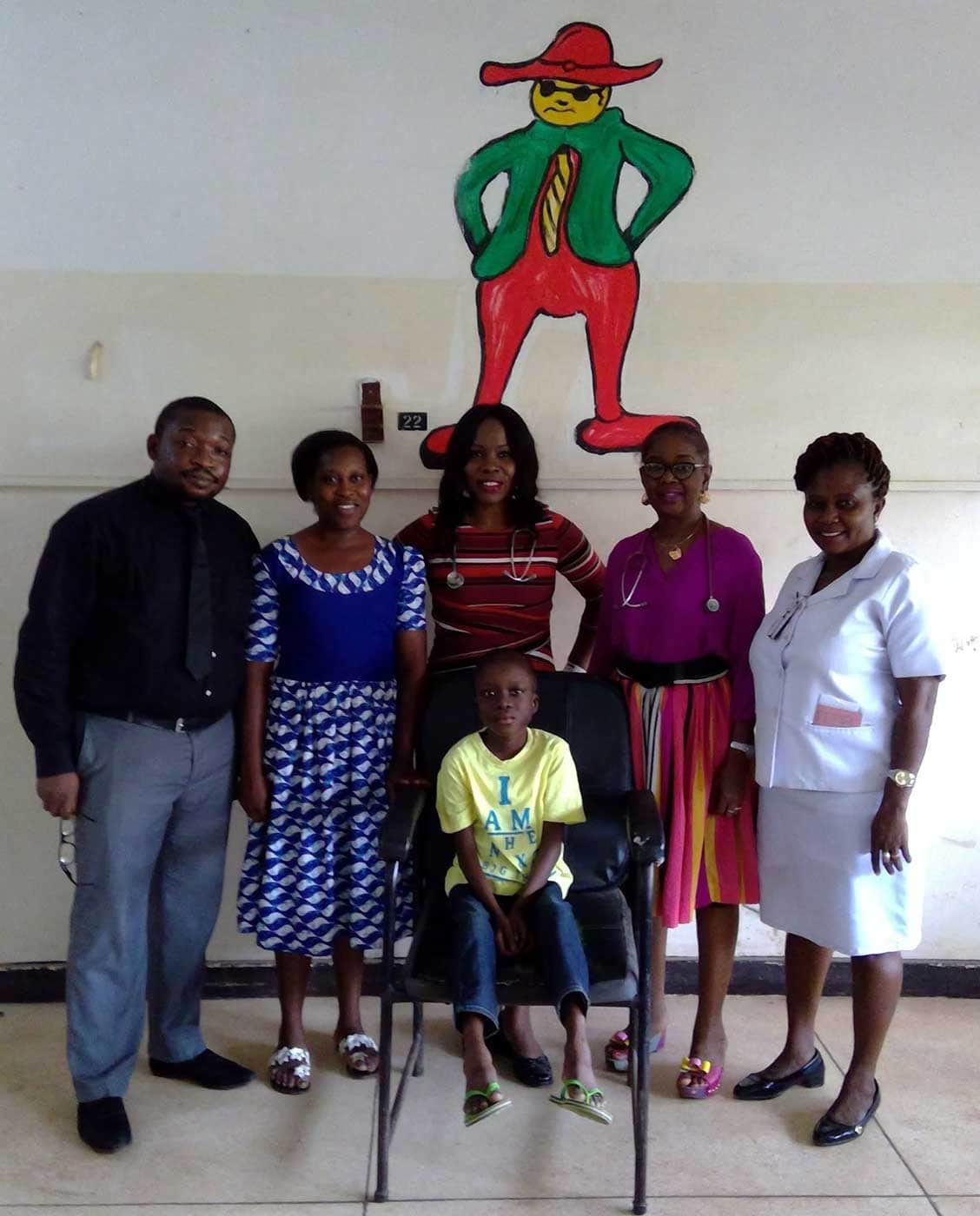
In the United States, cancer is the number one disease killer of children. Yet pediatric cancer isn’t exclusive to America; it’s a global epidemic that affects more than 300,000 children around the world.
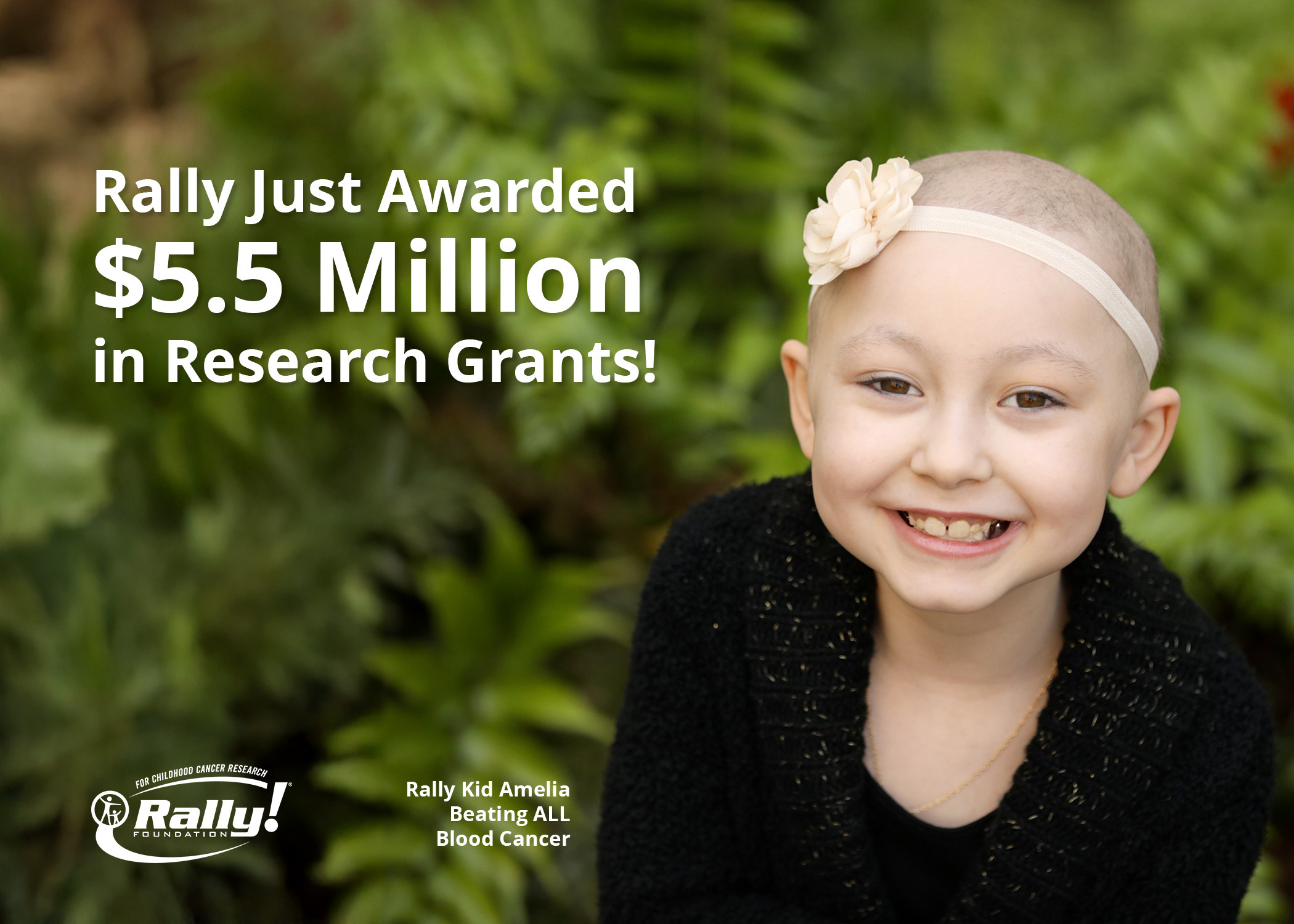
In 2025, Rally Foundation for Childhood Cancer Research (Rally) is thrilled to award a total of $5.5 million in childhood cancer research grants to 75 researchers across 40 institutions worldwide. This is the foundation’s largest award value to be distributed since its founding in 2005. Rally proudly funds the best and the brightest researchers, seeking the most innovative and promising research. This year’s awards include 75 grants given to 8 Consortiums, 23 Independent Investigators, 13...
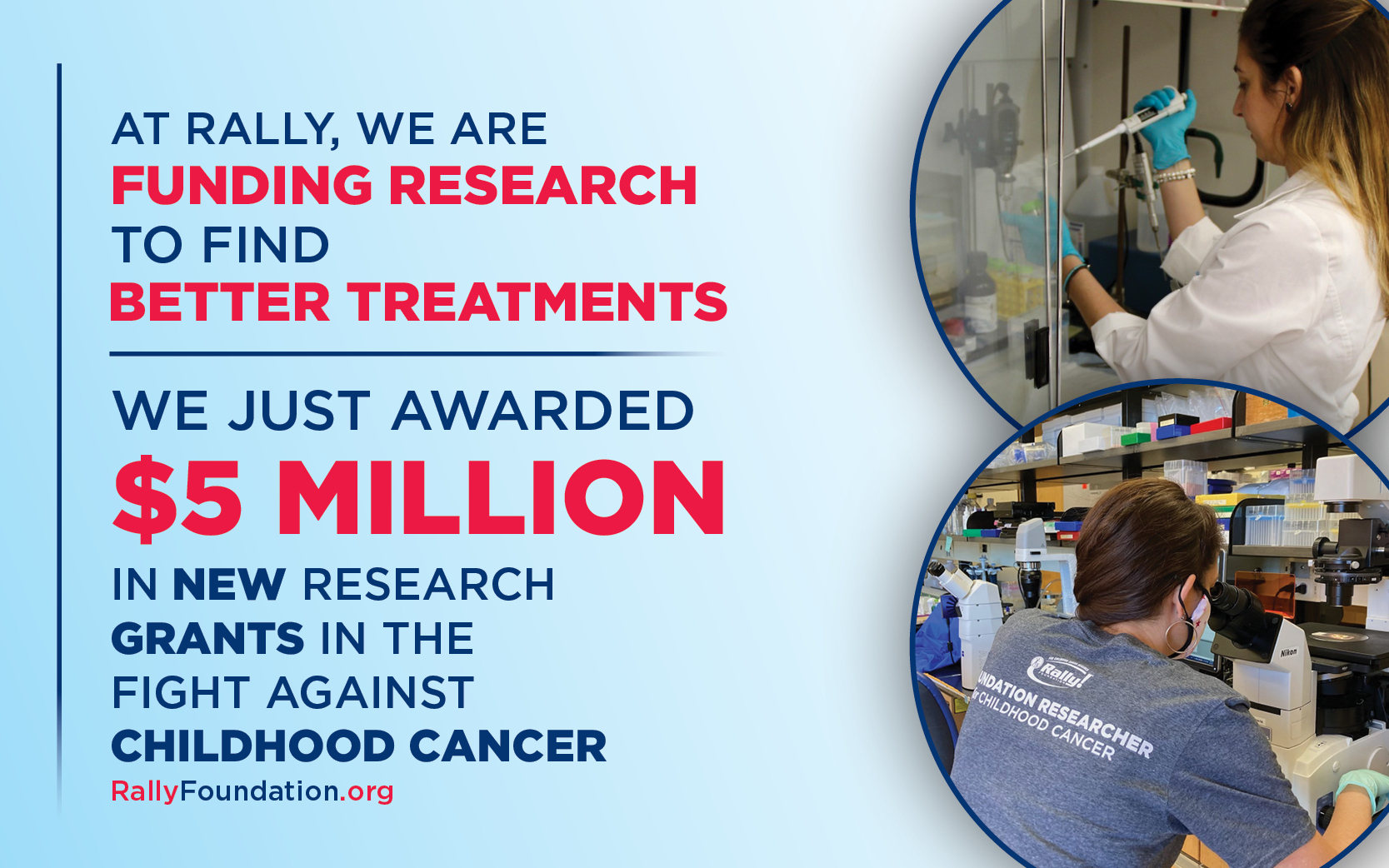
Rally Foundation for Childhood Cancer Research Awards $5M in 2024 In 2024, Rally Foundation for Childhood Cancer Research (Rally) will award a total of $5 million to 74 researchers across 34 institutions worldwide – the largest number of childhood cancer research grants ever to be distributed since Rally was founded in 2005. “This brings the total amount of research funds that Rally has awarded to $35 million – and it is the highest amount we have been able to award in one year,” says Dean...
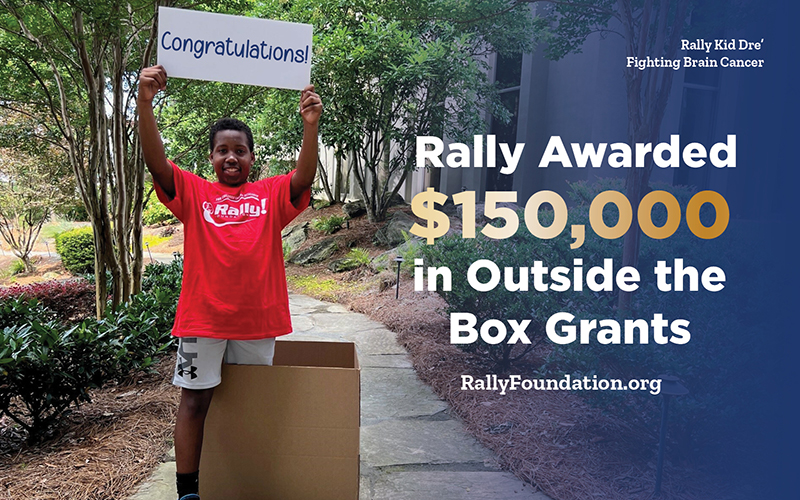
Rally Awards Novel Grants to Three Childhood Cancer Researchers Rally Foundation for Childhood Cancer Research (“Rally”) awarded $150,000 to three researchers at three different institutions for Outside the Box novel childhood cancer research ideas. “Rally sees itself as philanthropic seed investors in the next great discovery — we like to invest early and are willing to take risks because these Outside the Box ideas may pave the way to finding better treatments and cures,” says Dean Crowe,...
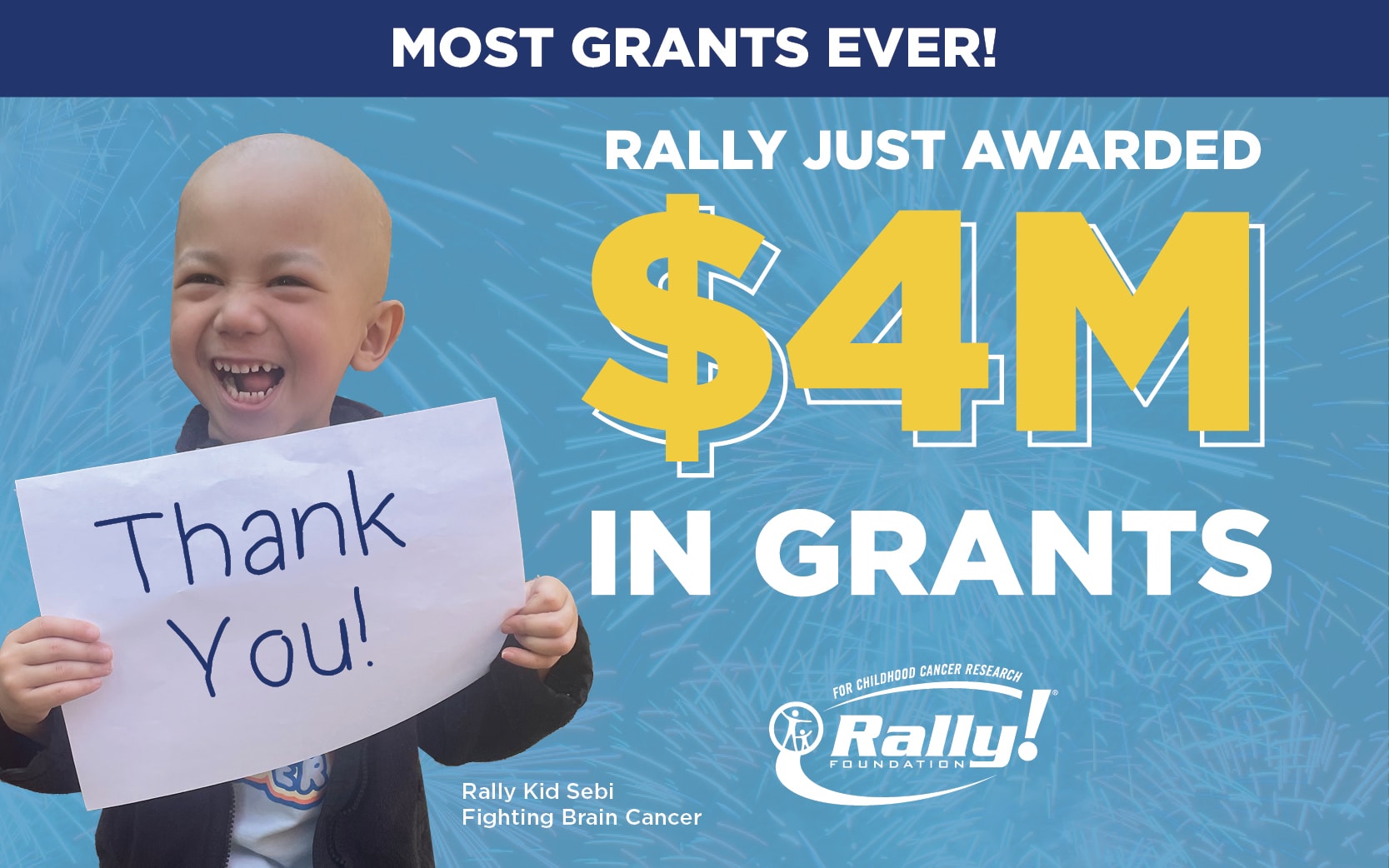
Rally Foundation for Childhood Cancer Research Awards $4 Million in 2023 In 2023, Rally Foundation for Childhood Cancer Research (“Rally”) will award a total of $4 million to 57 researchers across 30 institutions worldwide – the largest number of childhood cancer research grants ever to be distributed since Rally was founded in 2005. “This brings the total amount of research funds that Rally has awarded to $29.4 million – and it is the highest amount we have been able to award in one year,”...

Passion for Pediatric Cancer Patients and Research Drives Meaningful Discovery “Every day, I’m motivated to discover more through research that will enable us to better treat children with cancer and improve outcomes with fewer side effects.” Since his first lab job in the summer between his freshman and sophomore year in college, Adam D. Durbin, MD, PhD, of the Division of Molecular Oncology, Department of Oncology, St. Jude Children’s Research Hospital, has been fascinated by medical...
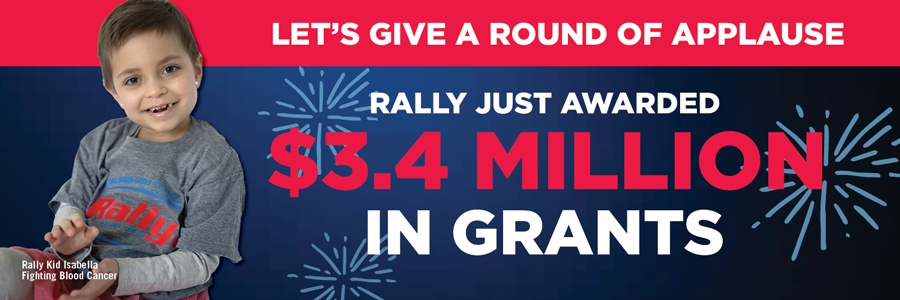
Rally Foundation for Childhood Cancer Research Awards $3.4 Million in Grants This year, 51 researchers from 31 institutions across the country and worldwide will receive a total of $3.4 million in grants from Rally Foundation for Childhood Cancer Research. “Rally Foundation has now awarded $25.4 million in grants for childhood cancer research since we started in 2005,” says Dean Crowe, Founder and CEO. “From the beginning, our mission has been to fund the best research wherever it may be to...